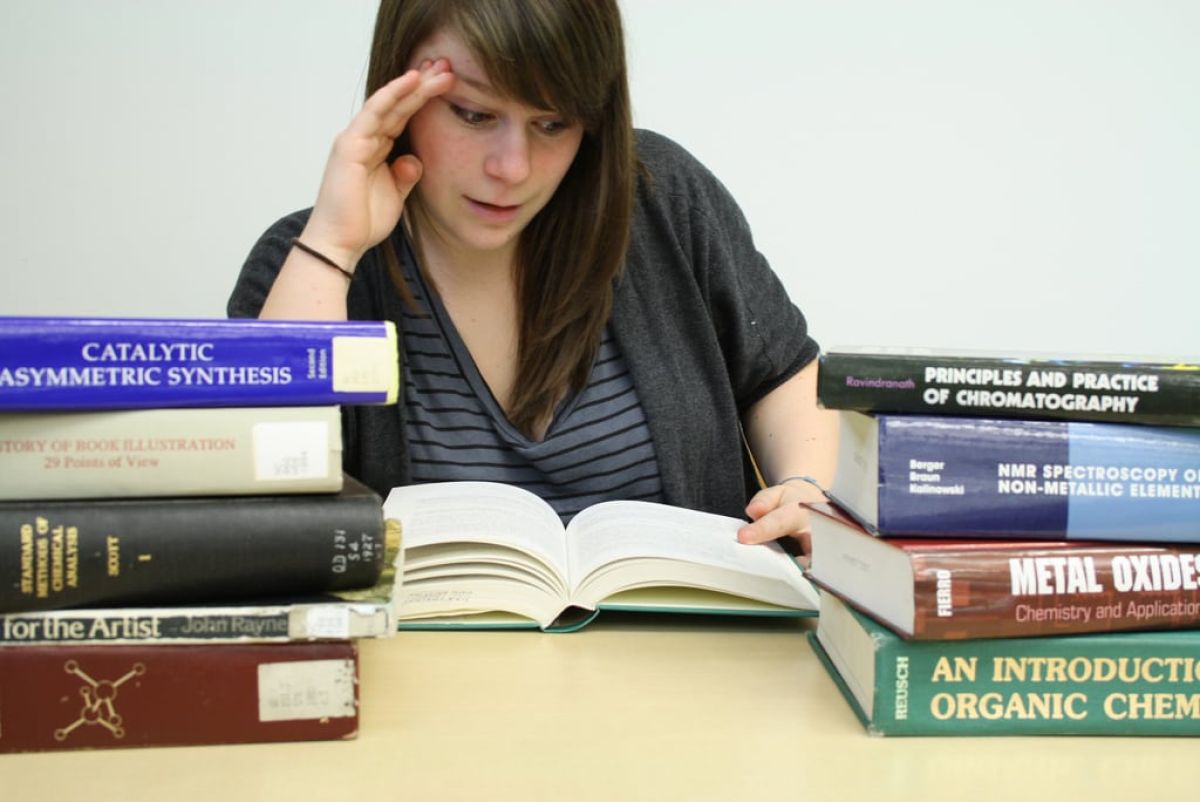All work and no play – a 10-week slog

Reading Sophie Marriott’s article Stress to Impress last week, I was under the impression that, as her first line told me, finishing exams would be like coming up to fresh air after being held underwater.
Sophie focused on the highly stressful period known as the January exams. I felt I only time for a short gasp before being plunged back into the tidal wave of deadlines, exam stress, and incredibly poor sleeping patterns.
The University of Manchester spared us 48 entire hours before Monday’s 7am alarm began to ring. And so it begins again…
As students, we can all relate to the relentless stream of work and deadlines that knock us when we are already down. Where holidays are used for catch-up, exam periods for revision, and now apparently the first two weeks of the second semester for recovery.
A recovery that is necessary, but that equally re-initiates the cycle and brings us back to a place where we need to catch up again. Where exactly is this so-called space to breathe?
There also needs to be time for the celebration of accomplishments as well. I do not doubt that many people made use of the weekend break to let loose a little, but how many had time to stop, pause, and truly appreciate what they had just achieved?
When deadline follows deadline, it is hard to find the time to congratulate ourselves on the work we have done and the marks we have achieved before our minds begin working towards the next goal.
Continuing like this can lead to a lack of motivation. The work becomes constant and the numbers meaningless. Yet, if ever we were to receive a bad mark back, I am sure that the mind would not fail to register it.
With breaks considered to be an essential part of studying and learning, how exactly can we be expected to follow through with a total of 12 weeks which kicked off with 14 days of heightened stress?
This is both counterproductive and unhealthy. A 10-week period in such an intense environment, will result with students losing touch with the world around them, prioritising classes over seeing family, and ultimately ending up mentally drained from the never-ending reminders of homework and assignments.
The current academic calendar does not seem to encourage a self-appreciative or healthy attitude towards studying. Sitting at my kitchen table now, facing a 10-week long semester, while still bleary-eyed from a two-week exam period, the questions running though my head are when is the next deadline, do I really deserve a lie-in tomorrow, and is it too late to drop out?
It is true that the date of Easter cannot be changed, but is the University really so inflexible as to be unable to provide a healthy break for students. A couple of days to catch up with sleep and with friends will surely be a lot more productive in the long run than slogging away for weeks on end.







